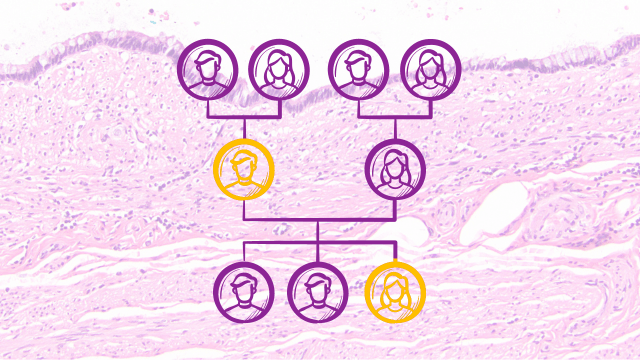There are several factors that can impact the prognosis for Pseudomyxoma peritonei (PMP), including the histological grade of the tumour


If you have any Frequently Asked Questions to add, let us know.

There are several factors that can impact the prognosis for Pseudomyxoma peritonei (PMP), including the histological grade of the tumour

Pseudomyxoma peritonei is usually found during an unrelated procedure such as during an operation for something else.

If a blood relative has been diagnosed with PMP, you may be wondering if you should have your appendix removed as a preventative measure.
HIPEC stands for “Hyperthermic Intraperitoneal Chemotherapy” and follows cytoreductive surgery (CRS).
The question we’d all like answered!
It’s estimated that 1 in 2 people in the UK born after 1960 will be diagnosed with some form of cancer during their lifetime. What numbers are there for pseudomyxoma peritonei (PMP)?
MOAS is an abbreviation for the term the “Mother of All Surgeries” and refers to CRS and HIPEC.
One of the questions we get asked a lot and features heavily in our support groups is “What do I need to bring into hospital with me?”.
Treating pseudomyxoma peritonei and appendix cancers can be challenging.
Diagnosing appendix cancer can be difficult due to the lack of effective screening tests and the general nature of the symptoms.
Patients and their caregivers benefit from emotional and practical support.
HIPEC (hyperthermic intraperitoneal chemotherapy) is a medical procedure that’s sometimes used to treat advanced cancers that have spread to the lining of the abdomen.